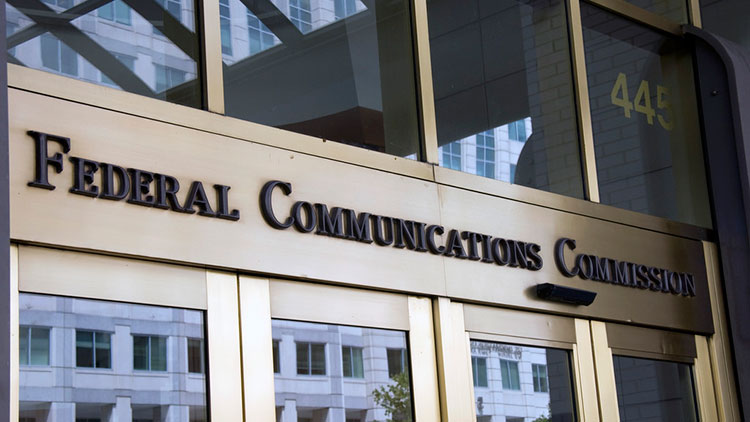NCTA: FCC, Public Need More Info on Sinclair-Tribune Deal

The smarter way to stay on top of broadcasting and cable industry. Sign up below
You are now subscribed
Your newsletter sign-up was successful
Add the big cable and broadband operators to those asking the FCC not to restart its review of the Sinclair-Tribune deal until Sinclair provides more details on its revised deal, a deal cable ops fear could give Sinclair outsized leverage in retrans deals.
Cable ops have reason to mistrust but verify. Given that it would make the nation's largest station owner even bigger combined with the fact that Sinclair in 2016 had to pay almost $10 million to settle complaints about how it negotiated retrans--Sinclair said it settled to put the matter to rest.
NCTA-The Internet & Television Association told the FCC in a filing last week that the new deal does not provide "the full and complete record" needed to evaluate it. One of the evaluations particularly concerning to cable ops is Sinclair's increased power at the retrans negotiating table.
The FCC stopped the informal clock on the merger at 167 days back on Jan. 4, saying it would restart it after staff had a chance to review the expected changes.
Sinclair last week re-filed the deal with the FCC--the Department of Justice continues to vet it for antitrust issues--which reflected the local ownership deregulation that was approved last fall. That included saying it would park a bunch of stations in a trust to give it more flexibility given it is not sure exactly which stations the FCC or DOJ will want it to spin off, and in case the FCC loosens the 39% national ownership cap, which could allow it to reclaim WGN Chicago and WPIX New York, two stations it will otherwise have to sell to get under the cap.
NCTA says Sinclair has not provided enough information to gauge "whether the proposed transaction complies with the Commission’s media ownership rules and otherwise meets the statutory public interest test."
Sinclair has promised the deal will square with whatever the rules are at the time of its close.
The smarter way to stay on top of broadcasting and cable industry. Sign up below
But NCTA says that simply putting a bunch of stations in trust without saying which it will wind up spinning off is "patently inadequate."
Related: Coalition Tells FCC To Keep Sinclair-Tribune Merger Clock on Pause
"Sinclair should not now be permitted to go forward on the basis of a vague 'bigger than a breadbox' promise to comply with the Duopoly Rule by placing in the Divestiture Trust 'no fewer than the stations as necessary for the Transaction to comply with the
Commission’s rules (unless any such required divestiture has taken place at or prior to closing) and no more stations than are allowable under the Commission’s television multiple ownership rules,'" said NCTA. "The review of this transaction raises serious issues for consumers and competition that cannot be satisfied by a guessing game."
Sinclair also said it would strike "options and services" agreements with some of the stations it is spinning off--the FCC also repealed an advisory under former Chairman Tom Wheeler that the FCC would look very carefully at such agreements for signs they were an attempted end-run around ownership caps. But it did not provide any details. What options Sinclair has and exercises could affect how the deal is viewed, the trade group.
NCTA said that doesn't cut it. "Sinclair currently plans to reveal the details of these agreements only when it files the assignment applications for these stations, but the public and the Commission must be able to scrutinize these agreements now in order to determine their impact on the transaction."
"Sinclair’s demonstrated willingness to use sidecar agreements to unlawfully engage in joint retransmission consent negotiations warrants a careful review of the proposed services agreements to ensure that they contain safeguards sufficient to prevent the recurrence of this unlawful conduct," NCTA said.
Contributing editor John Eggerton has been an editor and/or writer on media regulation, legislation and policy for over four decades, including covering the FCC, FTC, Congress, the major media trade associations, and the federal courts. In addition to Multichannel News and Broadcasting + Cable, his work has appeared in Radio World, TV Technology, TV Fax, This Week in Consumer Electronics, Variety and the Encyclopedia Britannica.

